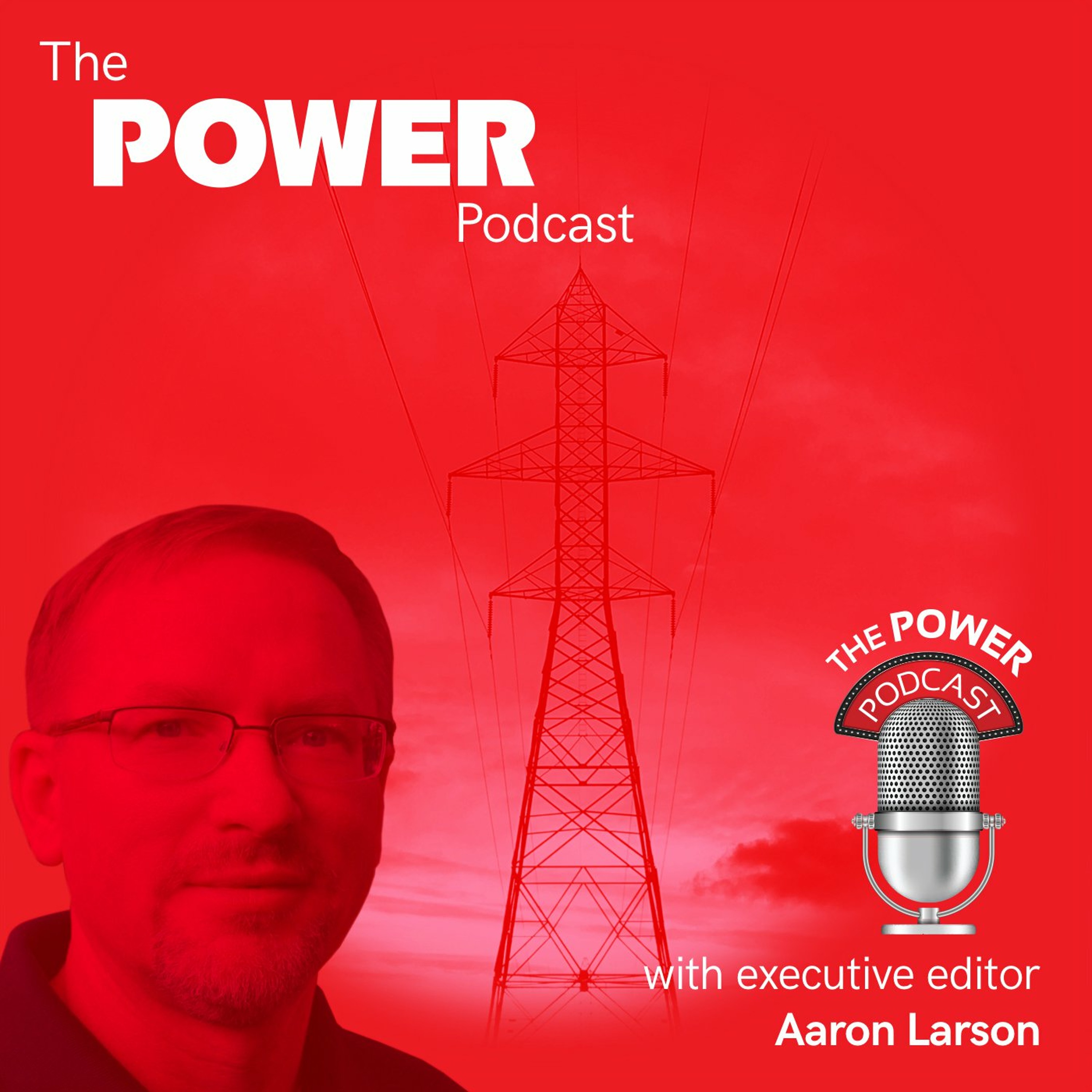
120. Decarbonizing the Power Supply While Maintaining Reliable and Affordable Electricity
The POWER Podcast
Shownotes Transcript
Countries throughout the world have set carbon emission reduction targets in an effort to limit the effects of climate change. Many are striving to achieve net zero in coming decades. Yet, governments also want to maintain, or even improve, living standards for their citizens, which means keeping power affordable and reliable. This poses some potentially conflicting priorities. “I think one of the most important topics we’re dealing with right now is how fast can we decarbonize the power generation and the electricity generation in the societies around us,” Karim Amin, executive board member with Siemens Energy, said as a guest on The POWER Podcast. “But on the other hand side, we also see the importance of security of supply. I mean, the world needs reliable electricity. It’s very important not only for the economic development, but for the very same life that we have.” Amin acknowledged that adding more renewable energy is important. “There is no doubt that we need more and more and faster deployment of renewables,” he said. “Important, of course, is to realize and understand that renewables also have challenges.” Amin suggested energy storage will play a big role in future power systems, as will gas turbines. “We are transiting from, as I said, fossil-based into renewable, but we need to resolve the issue of intermittence and storage,” he said. “There are a few technological solutions that could also help to bring the CO2 footprint of the gas turbines down by almost two-thirds through hydrogen co-firing or through carbon capture technologies. So, there are ways that the world is looking at right now and really implementing to use the gas turbines in the time where the storage capacity in terms of maturity of technology is not yet there.” Coal-fired power plants are a significant source of CO2 emissions worldwide. A couple of years ago, Siemens Energy chose to stop participating in new coal power projects. However, the company still provides service to the existing coal fleet. “Actually, the service helps existing units that are running in any case to be upgraded, and to bring their CO2 level down. So, we actually contribute in this regard,” said Amin. Siemens Energy invests a lot, about €1 billion every year, in research and development (R&D). “A big part of that—more than 20% of that, and it’s increasing year on year—is really going into new technologies that would help accelerate the energy transition,” Amin said. Still, there is a delicate balance that must be maintained, which is to put as much effort as possible into renewables while still finding a way to keep the system “reliable, stable, and affordable.” At the same time, Siemens Energy is putting its money where its mouth is, so to speak. The company has committed to using only electricity supplied by renewable energy resources by 2023. It has also committed to becoming climate neutral in its own operations by 2030, which includes reducing absolute scope 1 and 2 greenhouse gas emissions by 46% by 2030, compared to 2019. Amin said that climate change is “the biggest challenge” that we have right now, and one that must be dealt with. “The problem is sophisticated. It’s not as simple as putting renewables and pulling the plug on gas, for example, because in the end of the day, you need to keep the day to day life running—critical infrastructure running—and renewable does not solve this issue on its own. It’s a solution that needs to happen, taking a number of elements into consideration and working as fast as possible through this transition process,” he said.